Gender equality signifies equal respect, rights, and opportunities for everyone, regardless of their gender identity. Gender equality is a human right that is needed across all areas of society. We work to progress gender equality through our focus areas of violence against women and their children, sexual violence, and health and wellbeing, and across the areas of leadership, work, and economic security.
To achieve gender equality, structural and systemic barriers to equality must be removed and social norms, attitudes and behaviours that perpetuate inequality and gender stereotypes must be addressed. Gender equity is the process to achieve gender equality. Gender equity recognises intersecting issues and barriers to equality, and implements strategies to address these.
Gender equality benefits everyone – women, men, gender diverse people, children, families, communities, organisations and the economy.
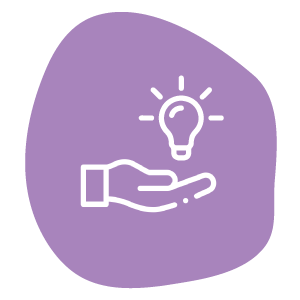
Have the same access to opportunities, resources and power
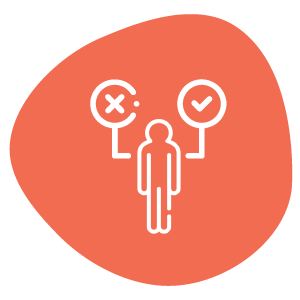
Have the ability to participate in decision-making
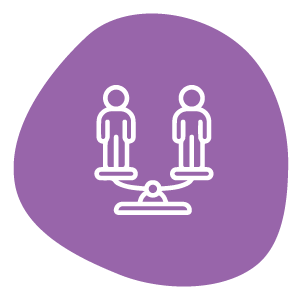
Live in a safe and equal society
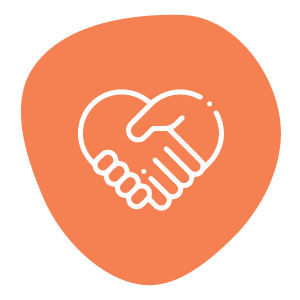
Be treated with dignity, respect and fairness
Is the process to achieve gender equality.
It requires that we recognise diversity and disadvantage, and then direct our resources and services towards those most in need.
Recognises that women and gender diverse people are not in the same ‘starting position’ as men. This is due to many historical and social disadvantages.
If we treat women, gender diverse people and men equally, it may prove to be unfair. It may cause further disadvantage. Achieving gender equality will depend on us responding to intersecting issues that compound gender inequity – such as racism, ableism, and poverty.
Gender equity measures enable a level playing field for all people.
There is access to equal rights, freedoms, and opportunities for everyone regardless of their sex or gender.
There are equal and measurable outcomes for women, men and gender diverse people.
All genders are free to pursue whatever career, lifestyle choice and abilities they want without discrimination.
Allows equal access to choices, decision making, social, political and economic participation.
People are free to develop their own personal abilities without being limited by rigid gender roles, stereotypes, and prejudices.

The Centre for Women’s Safety and Wellbeing acknowledges Aboriginal and Torres Strait Islander peoples as the Traditional Custodians and first peoples of Australia. We recognise the impacts of colonisation and dispossession and the contemporary disadvantage experienced by Aboriginal and Torres Strait Islander peoples. The Centre for Women’s Safety and Wellbeing is committed to working alongside Aboriginal and Torres Strait Islander women and men to end violence against their women and children in Western Australia.
The Centre for Women’s Safety and Wellbeing acknowledges the strength and resilience of adults, children and young people who have experienced family and domestic violence. We pay respects to those who did not survive and acknowledge the families, friends and communities who have lost loved ones to this preventable and widespread issue. We are committed to ensuring responses to family and domestic violence are informed by lived experience.
The Centre for Women’s Safety and Wellbeing recognises, welcomes and respects people of diverse gender, sex and sexuality. We are committed to greater inclusion of lesbian, gay, bisexual, transgender, intersex and queer people (LGBTIQ).
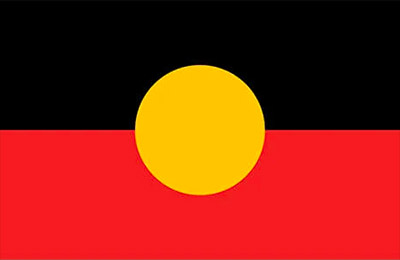
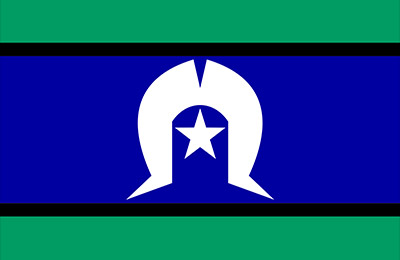
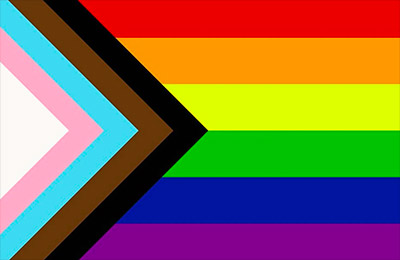
Use the quick exit button on the top right, or:
On a mac, press ⌘ and W together
On a windows, press Ctrl and W together
To remove all traces of you visiting this website, please clear your browser history.
To learn how to clear your browser history, please click here.